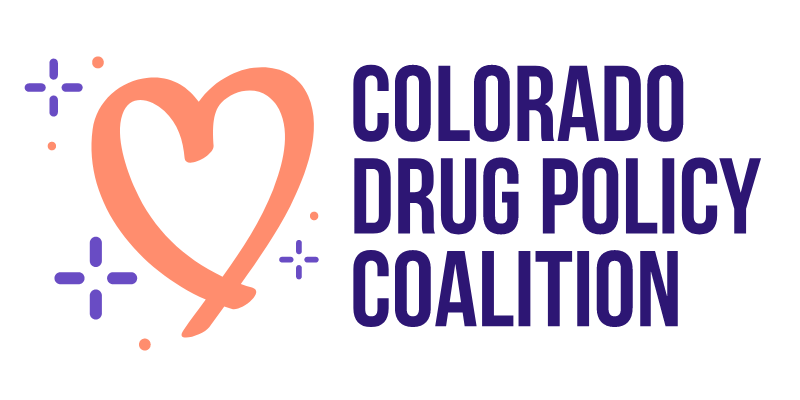
SB23-109 Medical Opposition
May 4, 2023
Re: Medical Provider and Public Health Opposition for SB23-109
Dear Chairman Weissman and Members of the House Judiciary Committee, As medical professionals caring for people with substance use disorders across Colorado, we write in unified opposition to SB23-109, a bill which dramatically expands Colorado’s Drug Induced Homicide (DIH) law.
More than 30 years of high quality, scientific data show that DIH laws do not decrease overdose deaths or the availability of illicit drugs. Instead, they worsen health outcomes by deterring people from calling for help during an overdose. Colorado and the nation are in the midst of the worst overdose crisis in our history, and SB-109 will worsen that crisis. As frontline health care professionals working in substance use and addiction, we can tell you SB-109 will make our already difficult jobs harder. That is why we are asking you to Vote No on SB-109.
We appreciate that Colorado legislators understand how critical it is to remove barriers to people calling for help in the event of an overdose. That is why Colorado has passed Good Samaritan legislation two years in a row. Yet, SB-109 effectively negates these Good Samaritan policies. How? By creating reasonable fear that calling for help in an overdose means risking felony prosecution and up to 32 years in prison. What does this mean? Potentially non-fatal overdoses become fatal ones. More overdose deaths, not less.
We also have more than 30 years of data demonstrating DIH laws do not decrease the availability of illicit drugs. Instead, evidence demonstrates that these laws end up criminalizing users and “low-level” sellers (most often one and the same) at the bottom of the distribution network, not “kingpins” or “drug lords.” Several studies also demonstrate that punitive policies such as SB-109 worsen health outcomes, including overdose, HIV, hepatitis C virus, and severe skin infections. There is no reason to believe that Colorado will be the exception to the rule.
Importantly, the Senate amendments to SB-109 do not mitigate the negative health impacts of this bill. While legislators debate language about “weights” and “intent to consume all of the substance,” people who are in the throes of addiction pay little to no attention to the fine print in legislation. Our patients will simply hear that there is a new “drug-induced homicide” law and, thus, be deterred from calling 9-1-1 in the event of an overdose for fear of retribution. More people will die.
We know Colorado legislators, including the sponsors of SB-109, desperately want to save lives and decrease overdose deaths. But we also have every reason to believe SB-109 will do the opposite. Please listen to the data, and Vote No on SB23-109.
Thank you for your leadership on the critical issues impacting our most vulnerable patients.
Sincerely,
Organizational Signatories
Colorado Association of Addiction Professionals
Colorado Psychiatric Society
Colorado Society of Addiction Medicine
Vivent Health
Individual Signatories
Abraham Nussbaum, MD
Alexis Ritvo, MD, MPH
Belisario Caby, MD
Bradley Conner, PhD
Carlos Franco-Paredes, MD, MPH; Colorado State University
Chiagoziem Anigbogu; Medical Student, University of Colorado School of Medicine
D. Tyler Coyle, MD, MS; President-Elect, Colorado Society of Addiction Medicine
Danielle Simon, PA-C; Front Range Clinic
David Saxon, MD
Dennis Pales; Medical Student, University of Colorado School of Medicine
Donald Stader, MD, FACEP, FASAM
Elizabeth Boggs, MD, MS
Erin Bredenberg, MD, MPH
Gail Logue, NP; Front Range Clinic
Hannan Braun, MD
Ingrid Binswanger, MD, MPH
Jarratt Pytell, MD
Jennifer Lyden, MD
Joshua Barocas, MD; University of Colorado School of Medicine
Karli Yarnell, PA-C
Katherine Ochoa, MD
Kyle Leggott, MD
Michael Frank, MD
Michelle Gaffaney, PA
Rachael Duncan, PharmD; The Naloxone Project
Robert Belknap, MD
Sarah Axelrath, MD; Addiction Medicine Physician, Colorado Coalition for the Homeless
Sarah Rowan, MD
Thea Wessel, LPC, LAC, MAC, NCAAC, ADS
Vishnu Kulasekaran, MD

